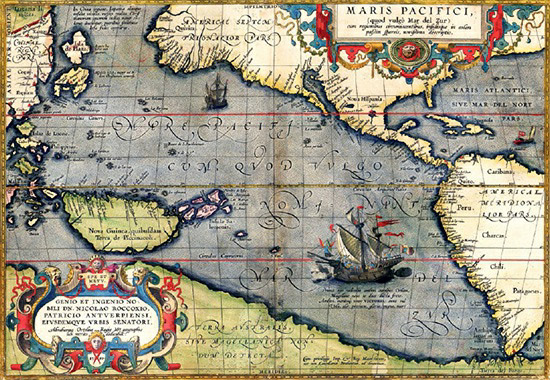Ferdinand Magellan’s 1519 voyage under the Spanish flag was a monumental achievement in the history of maritime exploration, marking the first successful circumnavigation of the globe. Despite the initial aim of finding a westward route to the Spice Islands of Southeast Asia, Magellan’s expedition encountered unforeseen challenges, including the vast expanses of the Americas and the Pacific Ocean.
The expedition, funded by King Charles V of Spain, began with a fleet of five ships but faced severe hardships. Magellan himself did not survive the journey, falling in a skirmish in the Philippines. Yet, the mission continued under remaining crew members. Ultimately, only one ship, Victoria, returned to Spain, completing the circumnavigation in 1522.
The journey was a testament to the courage and navigational skills of early sailors, reshaping the European understanding of global geography. The realization of the Pacific’s immense size shifted the focus of future explorations, with westward journeys pivoting towards the colonization and exploitation of new territories rather than establishing trade routes to Asia. Magellan’s voyage remains a defining moment in the Age of Exploration, underscoring the era’s spirit of discovery and its profound impact on world history.

